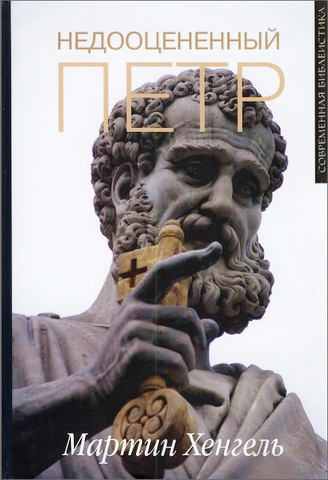
Porter - Dictionary of Biblical Criticism and Interpretation
Compiling the results from contemporary and exciting areas of research into one single important volume, this book stands ahead of its field in providing a comprehensive one-stop handbook reference of biblical interpretation.
Examining a wide range of articles on many of the recognized interpreters including Augustine, Luther, and Calvin, up to the modern figures of Martin Hengel and T.W. Manson, Professor Porter gathers contributors who expertly combine the study of biblical interpretation with the examination of the theological and philosophical preconceptions that have influenced it, and survey the history of interpretation from different perspectives.
Key perspectives studied include:
• the historical dimension: addresses how interpretation has developed at various periods of time, from early
Jewish exegesis to the historical-critical method;
• the conceptual approach: looks at the various schools of thought that have generated biblical interpretation,
and compares and contrasts competing conceptual models of interpretation;
• the personal perspective: addresses the reality of biblical interpretation by individuals who have helped plot
the course of theological development.
Stanley E. Porter - Dictionary of Biblical Criticism and Interpretation
First published 2007
by Routledge
2 Park Square, Milton Park, Abingdon, Oxon OX14 4RN
ISBN10: 0–415–20100–4
ISBN13: 978–0–415–20100–1 (Print Edition)
Stanley E. Porter - Dictionary of Biblical Criticism and Interpretation – Contents
- Preface
- List of entries and contributors
- Introduction
- Entries A–Z
- Index
Stanley E. Porter - Dictionary of Biblical Criticism and Interpretation - Preface
This dictionary has been a long time in the making. At last it is released to the world – far from complete (no dictionary could ever be), but willing to take its place as one of the tools in the enterprise of biblical criticism and interpretation. The title of the volume reflects its aim. That is, to provide a dictionary-length guide to major issues, approaches, and people that have been important in the development of biblical criticism and interpretation. Criticism addresses the variety of methods that have been developed, especially since the Enlightenment, to help us as biblical interpreters to come to terms with the issues surrounding reading the Bible. Interpretation addresses the fact that all these various methods, and those who have utilized them – including those preceding modern critical analysis – have been involved in helping biblical readers to gain understanding. The scope of the dictionary includes major time periods of biblical criticism and interpretation, the range of corpora between the two Testaments and other texts as well, critical approaches, methods, and mind-sets of significance, and even a variety of individual critics and interpreters. Whereas we have some confidence that we have covered the major critical periods and most of the significant methods and approaches, it was necessary to be highly selective regarding the individuals included. I apologize here if you think that your favorite biblical scholar – or even you, yourself! – should have been included but was not.
This enterprise began with the idea of Richard Stoneman, editor for Routledge. I wish to thank him for encouraging the development of this project, and for his patience as it took longer than anticipated. My hope is that this dictionary will join the ranks of the significant and growing list of Routledge volumes that have come to be important for understanding the ancient world, of which the Bible is a significant part.
At the outset of this project, I asked my then colleague Dr. Brook Pearson to be a coeditor with me. He gladly undertook this task and initiated correspondence and kept the databases regarding the project. Due to a variety of factors, he has been unable to continue with the project, and I have truly missed his participation. I wish him the best in his own continuing scholarly endeavors. His separation from the project corresponded to a time of transition for me from one continent to another, which has occasioned the delay in completion and publication.
In his stead, and at the last stages, my teaching and research assistant, Andrew Gabriel, joined the project. I wish to thank Andrew for tackling all dimensions of the project so avidly, including the databases, the evergrowing stack of manuscripts, and the electronic files. He has also been of great assistance in corresponding with authors, recruiting last-minute participants, and editing contributions.
My major debt is to the individual contributors. Over the course of the years, a number have wondered whether this project would ever see the black of print. I am pleased to say that that day has finally arrived. I thank you for your patience, and your faith in believing that this project was far from dead. This volume brings together scholars from several different continents, to say nothing of many different countries. One of the results of this has been the ability to benefit from a variety of perspectives reflective of the places in which these scholars do their critical work. Along the way, some potential contributors had to withdraw, and others had to be recruited. Some of these joined at the last minute. I especially appreciate the willingness with which a number of last-minute contributors accepted invitations and returned their contributions in a timely and efficient manner. I am confident that the quality of their contributions has been equal to the others, and that readers will find a surprisingly high degree of consistently fine contributions within this collection. Thank you to each of you for offering your expertise and for being willing to make a contribution to this project.
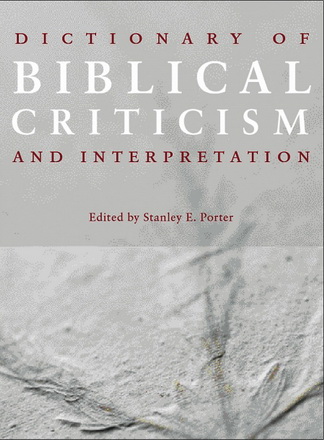
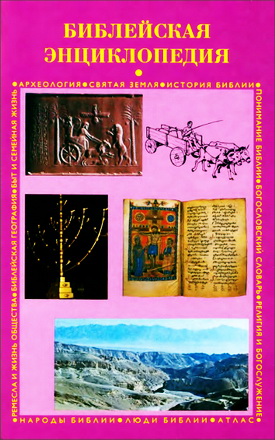
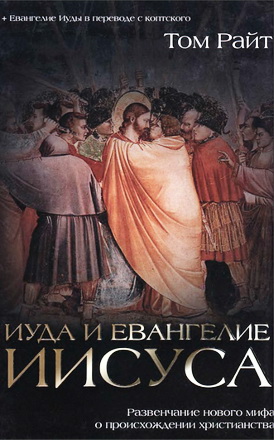
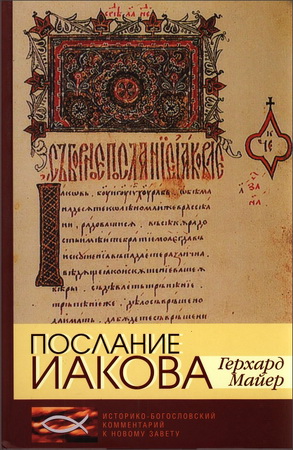
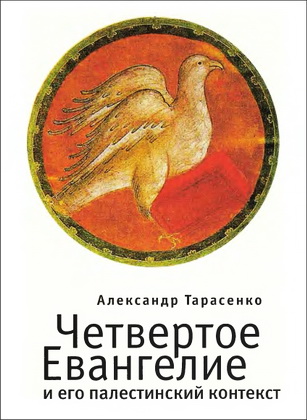
Комментарии
Пока нет комментариев. Будьте первым!